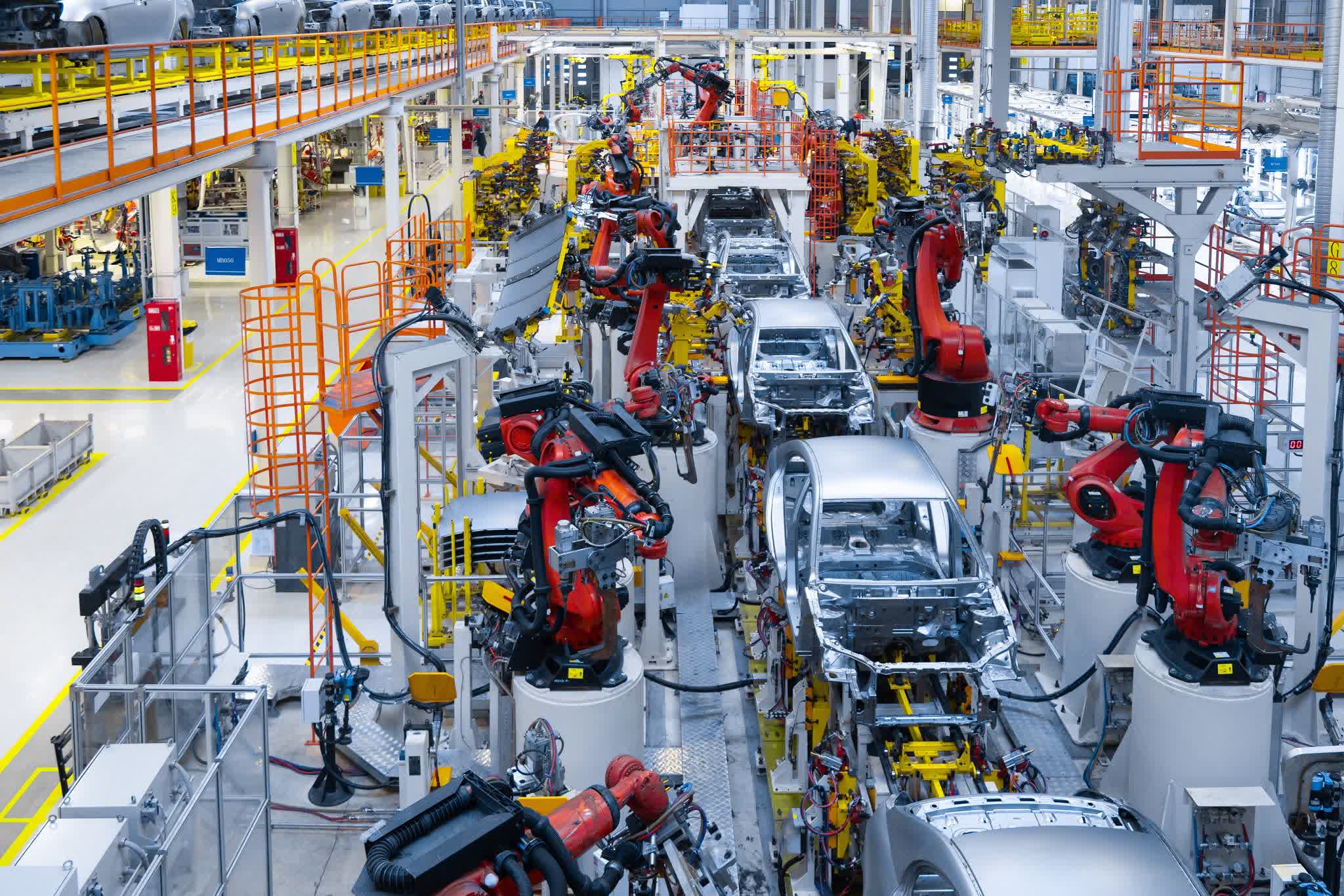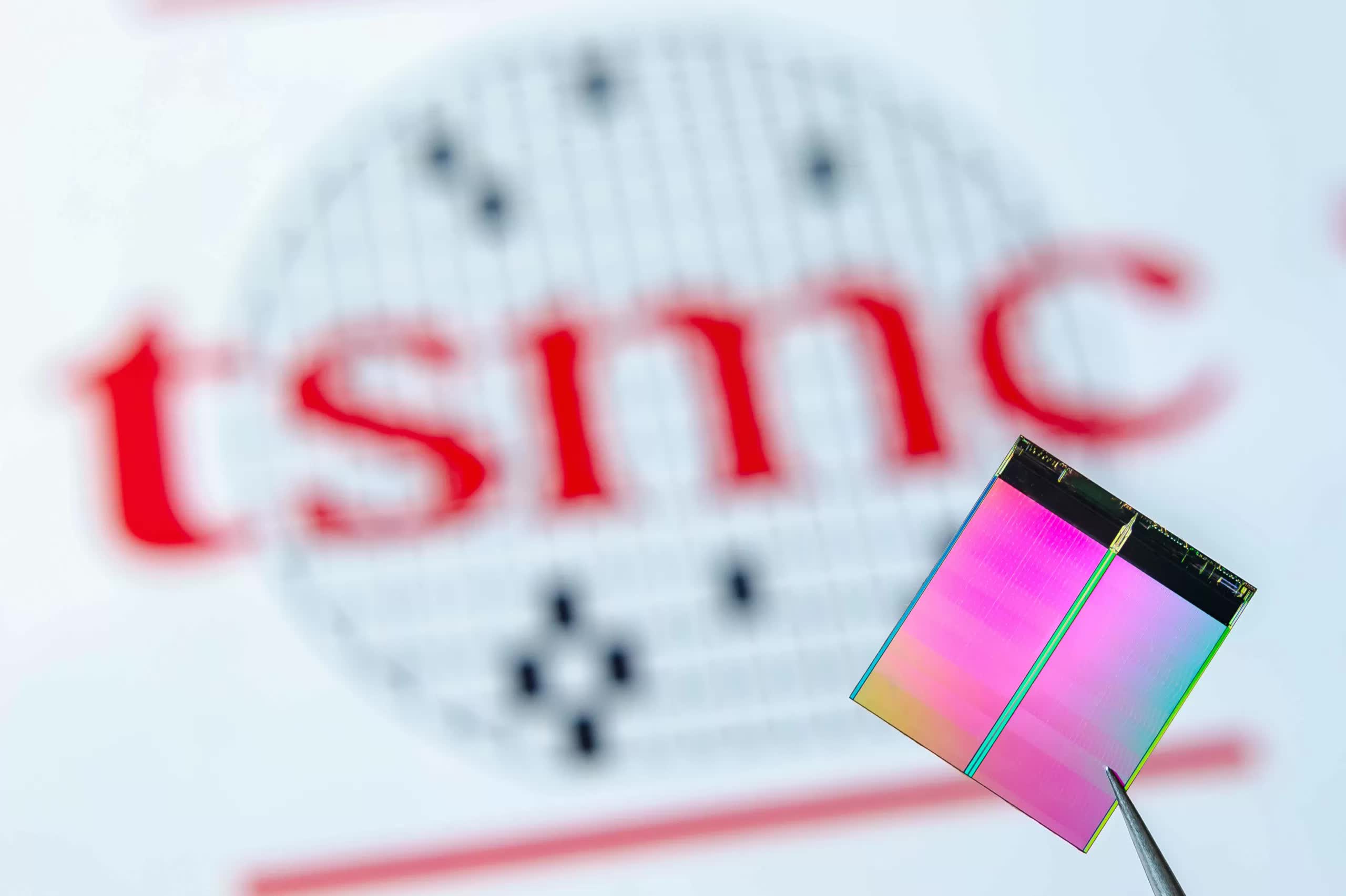Why it matters: The chip shortage might have improved recently, but it's not over. According to the CEO of semiconductor giant TSMC, part of the problem comes from a lack of very cheap chips impacting production elsewhere in the sprawling industry.
Speaking at a tech symposium earlier this week (via Bloomberg), TSMC boss C. C. Wei highlighted the issue of persistent shortages of chips costing between 50 cents and $10 holding up production in key segments of the supply chain.
Wei cited ASML Holding NV as an example. The Netherlands company is struggling to obtain $10 chips for its extreme ultraviolet lithography systems (EUVs). ASML is the world's largest supplier of lithography machines used in the chipmaking process. It was recently the subject of more US pressure to prevent it from selling older deep ultraviolet (DUV) lithography tools to Chinese clients---EUV equipment sales to the country are already prohibited.

The vehicle industry was likely the hardest hit by the chip shortage, losing billions last year as a result. We even saw Ford sell some automobiles with missing chips and a promise to install them later. Wei noted that shortages of $0.50 radio chips have been holding up the production of $50,000 cars.
Wei added that TSMC can no longer meet demands for low-end chips at its legacy factories and is now building new facilities, including a new 28-nanometer factory in China, to cope. The CEO warned that even these older chips could cost more in the future.
Also read: There is TSMC and there's everybody else, can Samsung or Intel catch up?
Exacerbating the problem is the increased number of chips packed into modern devices. Car manufacturers use 15% more silicon in their vehicles every year, while the number of power management chips in smartphones has doubled or, in some cases, tripled over the last five years.
"The age of an efficient, globalized supply system has passed," said Wei, warning that production costs are increasing as more countries build fabs. "Costs are swiftly rising, including inflation."
The good news for PC fans is that the market is now in its best state since the crisis began. Nvidia has so much excess RTX 3000 stock that it's being forced to repeatedly reduce prices, with the biggest drops possibly coming next month. AMD, meanwhile, assures consumers the Ryzen 7000 launch will be free of availability issues.
